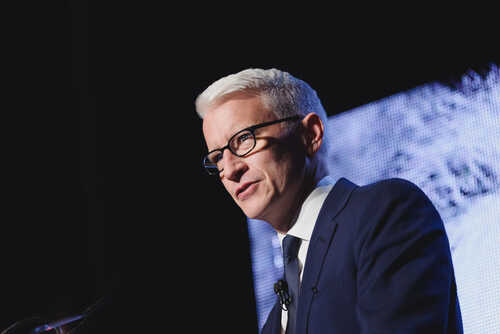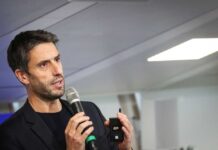
(NewsGlobal.com)- A group of researchers has suggested science use alternative terms for words like “mother,” “father,” “female,” and “male” since those terms suggest that gender is “binary,” the Times of London reported.
Rather than calling someone a female or a male, researchers from the Ecology and Evolutionary Biology Language Project suggested using “egg-producing” and “sperm-producing” instead. Additionally, the researchers suggest using “parent” instead of “mother” or “father.” In a pinch, scientists can also refer to a mother as the “egg donor” and the father as the “sperm donor.”
In a press release from the University of British Columbia, the Ecology and Evolutionary Biology Language Project explained that scientists should use terms that are “inclusive” and “precise.” The researchers claim that Western science is based on “colonialism,” the “patriarchy,” and “white supremacy,” which still “permeate” science today.
According to University of British Columbia professor Kaitlyn Gaynor, the project was prompted by a conversation on Twitter in which some argued that terminology like “male” and “female” could be harmful.
Gaynor said in the press release that the researchers spoke with ecology and evolution “networks” that focus on inclusion and equity to gain support for altering scientific terminology that could be deemed “harmful to certain people,” particularly those who are “excluded from science.”
The Ecology and Evolutionary Biology Language Project posted a list of the 24 “harmful terms” on its website along with suggested alternatives.
In addition to erasing “male” and “female,” the group also wants to rid science of “harmful” terms like “advanced” and “primitive,” arguing that those terms are derogatory and imply “an evolutionary hierarchy.”
Instead of using the phrase “survival of the fittest,” which the group claims is linked to “ableism” and “eugenics,” the researchers suggest using “survival differences” or “natural selection” instead.
University of British Columbia’s Danielle Ignance explains that the project aims to be a “living document” since some alternative terms could become harmful over time and might need to be changed again.













